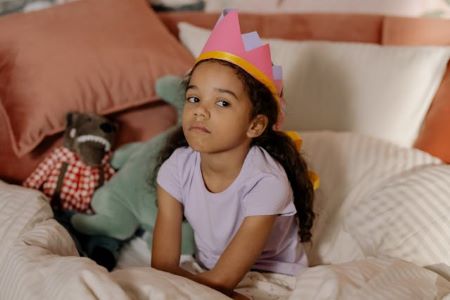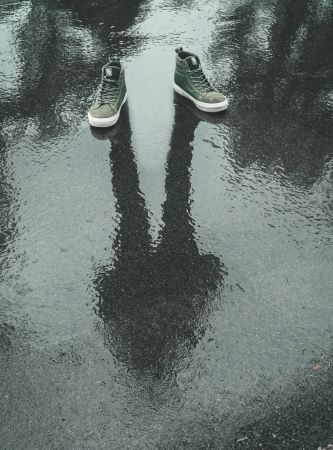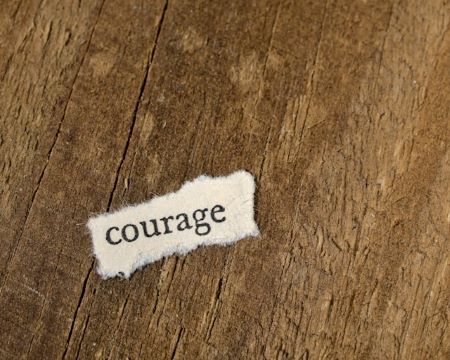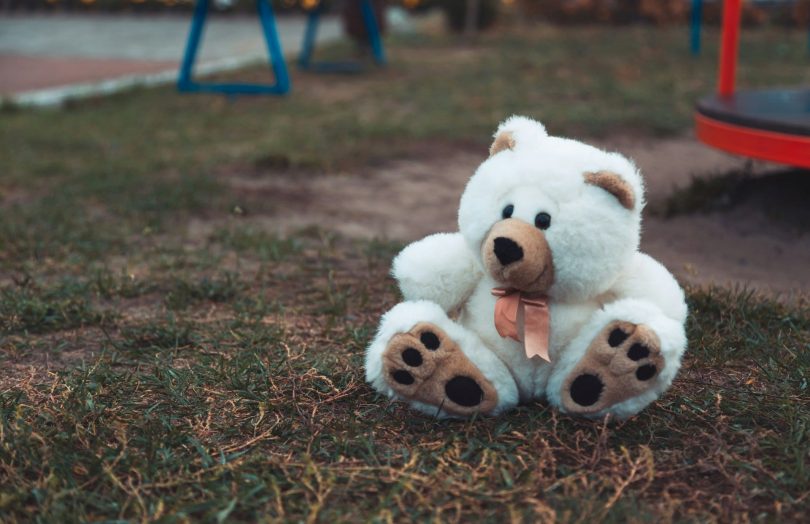A Journey to Embracing Your Inner Child
We all carry emotional scars, don’t we?
Some are small scratches that time naturally heals, while others cut deep, leaving us carrying baggage for years.

Often, these wounds trace back to our childhood—the moments we were hurt, neglected, or misunderstood. These fragments of unresolved pain from what many call the “inner child,” that innocent, vulnerable version of ourselves that holds onto those memories.
But how do we truly heal this part of us?
Let’s talk about it.
Before diving into methods, let’s reflect on a masterpiece of a children’s movie that captures this beautifully—Spellbound.
Now, if you haven’t watched it yet, don’t worry; we’ll keep spoilers light. This magical film takes us on a journey that blends adventure, whimsy, and a surprisingly profound exploration of emotional healing.
In Spellbound, Elian, the protagonist, embarks on a magical quest through her kingdom, which is divided into two due to a mysterious spell. On the surface, it’s an enchanting adventure. But at its core, this story is about healing brokenness—both in her world and in herself. Through her journey, Elian confronts her fears, challenges the narrative she’s believed about her family, and ultimately finds the courage to resolve generational conflicts.
Sound familiar?
It mirrors the journey of inner child healing many of us face.
Let’s break this down with lessons we can learn from Spellbound:
1. Start with Awareness
Elian’s journey begins with a realisation—something is deeply wrong, and ignoring it won’t make it disappear. Similarly, healing our emotional wounds starts with recognising them.

What triggers pain in you?
Is it certain relationships, situations, or emotions?
Like Elian peeling back the layers of her kingdom’s mysterious spell, you can’t heal what you won’t face.
2. Revisit the Stories You Tell Yourself
A big theme in Spellbound is questioning the stories passed down through generations—stories of blame, loss, and misunderstanding. For many of us, our inner child holds onto similar narratives: “I’m not good enough,” “I’m unlovable,” or “It’s my fault.” Healing means revisiting those stories with kindness.
Ask yourself, is this really true?
3. Confront the Shadows
In the movie, Elian literally confronts shadowy, magical elements. In real life, our shadows are harder to define—they’re our fears, guilt, and anger.

Healing requires us to face these emotions instead of running from them. It’s okay to feel vulnerable; vulnerability is where growth begins.
4. Reconnect with Joy and Playfulness
Remember how Elian finds unexpected allies and moments of joy even amidst her challenges?
That’s a reminder for us, too. Your inner child isn’t just about wounds; it’s also about rediscovering your playful, creative, and joyful side. Watch a favorite childhood movie, draw, dance—let your inner child breathe.
5. Seek Support
Elian doesn’t navigate her journey alone. She finds guidance and connection. In our healing journey, too, therapy, supportive friends, or even journaling can be our companions. You don’t have to do it alone.
At the end of Spellbound, the kingdom’s divide isn’t just magically fixed—it’s healed through understanding, love, and effort. It’s the same with us. Healing our inner child doesn’t mean erasing the past; it means acknowledging it, holding it gently, and allowing yourself to grow beyond it.
So, whether or not you’re a fan of magical kingdoms, know this: your story matters.
Healing isn’t linear, and it’s okay to take your time. Just like Elian, you have the strength to face your shadows and the courage to rewrite your narrative.

Have you taken the first step yet?
Let your journey begin.
If this resonates with you, let’s start the conversation.Healing is possible, and your inner child deserves it. Contact me today, and let’s take that first step together.
Your story isn’t over yet—it’s just beginning.
Main – Photo by Volodymyr Hryshchenko on Unsplash



